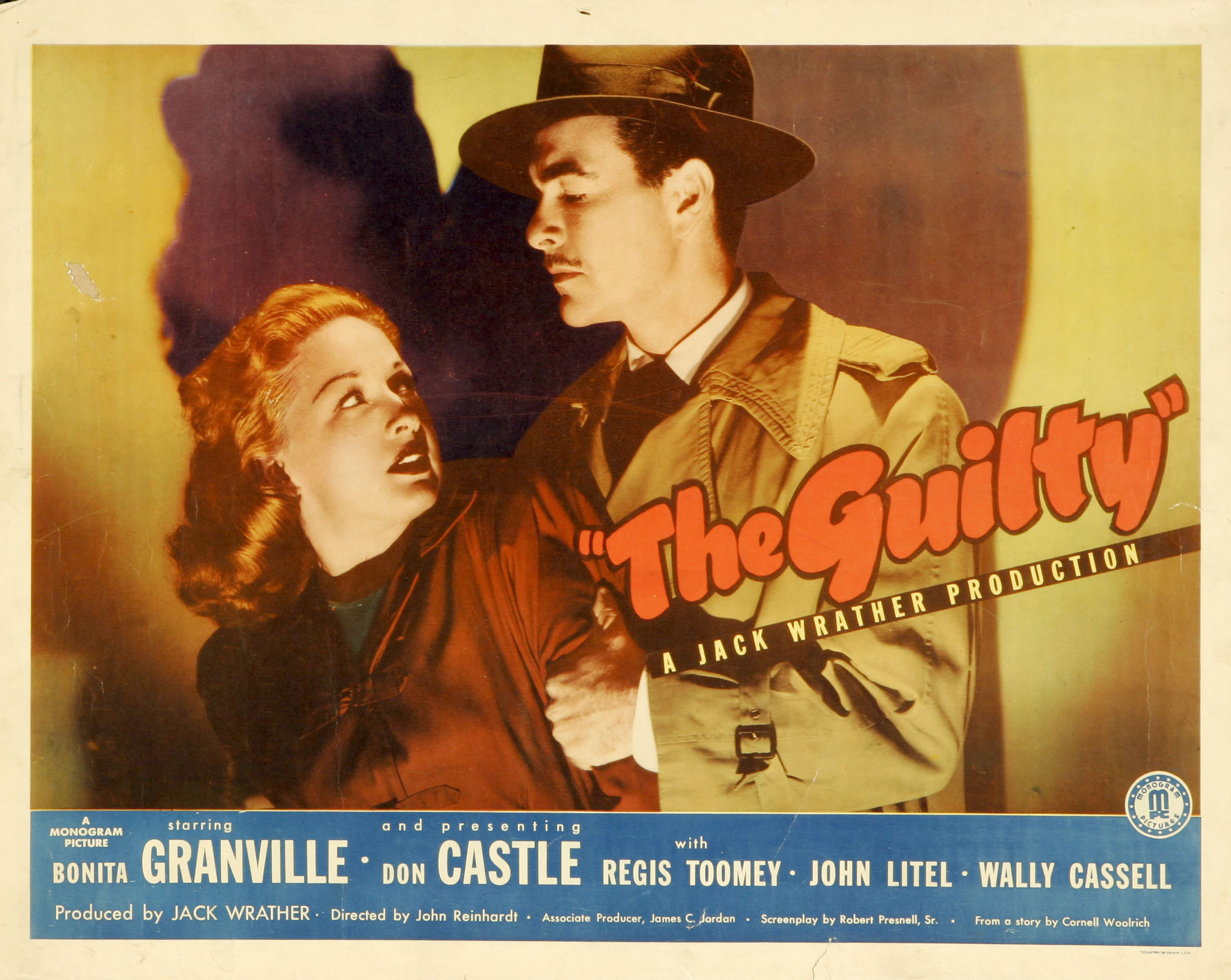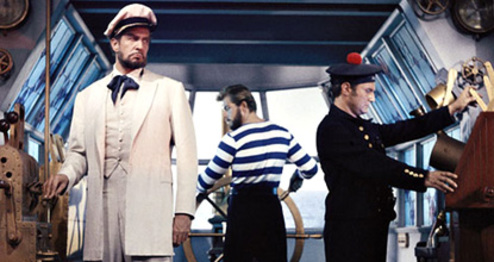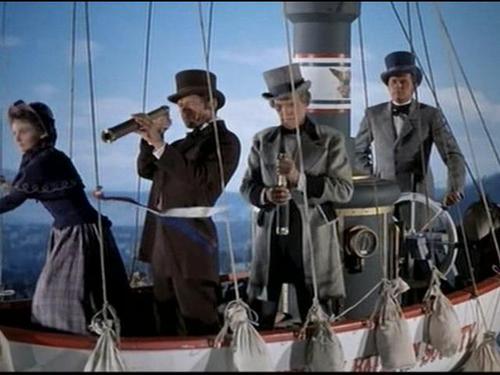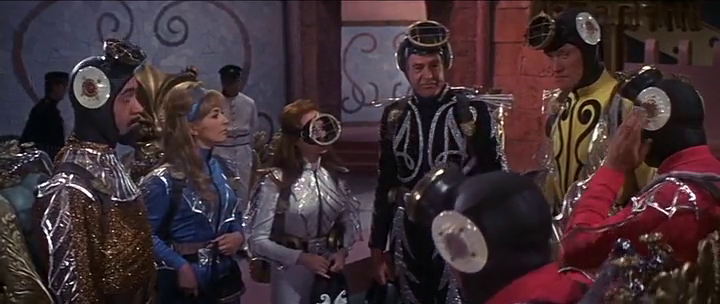 The Song of Bernadette
The Song of Bernadette, 1943
In this film based on the life of Bernadette Soubirous (played here by Jennifer Jones), a young woman in a small town in France begins to see visions of the Virgin Mary. Against the aggressive questioning of the local priest (Charles Bickford), a highly skeptical nun (Gladys Cooper), and a local magistrate (Vincent Price) who is sure that Bernadette is lying. But as miracles seem to happen surrounding the location where Bernadette sees her visions, the attention and notoriety put pressure on the town and Bernadette herself.
First and foremost, this is a really gorgeous film. It's the kind of movie that someone might pull out to assert that black-and-white can't be beat for a certain kind of movie magic. Where the film really hits the mark, as you might expect, is in the sequences of Bernadette experiencing her vision. I loved these scenes, and they display a visual creativity that keeps them from feeling redundant. In some of the sequences, we never see the vision, only Bernadette's reaction to them. In other scenes the woman in the vision appears only as a foot, or a glow.
Jennifer Jones inhabits the character of Bernadette in a splendid way. Her Bernadette is guileless and enraptured with her visions. She gives an initial impression of meekness, but she is steadfast in her beliefs and determination to tell her version of events.
As the film goes on, it becomes a story of powerful people--mostly grown men--who try to either bully Bernadette into recanting her story, trap her in games of semantics, or exploit her visions. In one scene, Bernadette is interrogated by a man who constantly strives to put words in her mouth. Bernadette respectfully but firmly corrects him, and Bickford's priest character--a man who also does not believe Bernadette--cannot hide his amusement when Bernadette runs polite circles around him.
To a certain extent, the character arcs that best define the film are not so much about Bernadette, but the way that the people around her react to things that they cannot understand. Anger, jealousy, and even vindictiveness meet Bernadette's claims. Each character has a different take on Bernadette---that she's lying for attention, that she's mentally ill---and we watch as they struggle to reconcile their own worldview with the undeniable
something that is happening to Bernadette.
If I had one complaint about this film, it's the almost entirely unnuanced portrayal of the miraculous events surrounding the grotto where Bernadette sees her visions and the spring that bubbles up in that spot. There are a few gestures that people might be slipping into confirmation bias, such as when later in the film a child is "cured" by the water and a doctor notes that the disease was merely a fever two degrees above normal. But we are shown many extreme miracles, like blindness or paralysis being cured. From what the film shows us, you'd think that everyone who drank or touched the water was saved, and the film never forces us or Bernadette to reckon with people whose prayers and hopes aren't answered.
This was a really beautiful film anchored by an excellent performance from Jennifer Jones and equally strong supporting performances from the rest of the cast.
 Check out my podcast:
Check out my podcast: 









